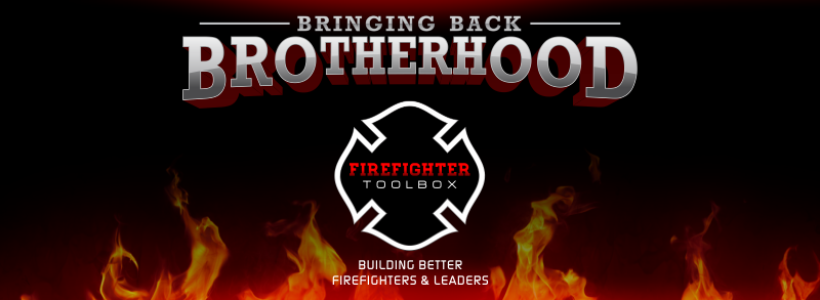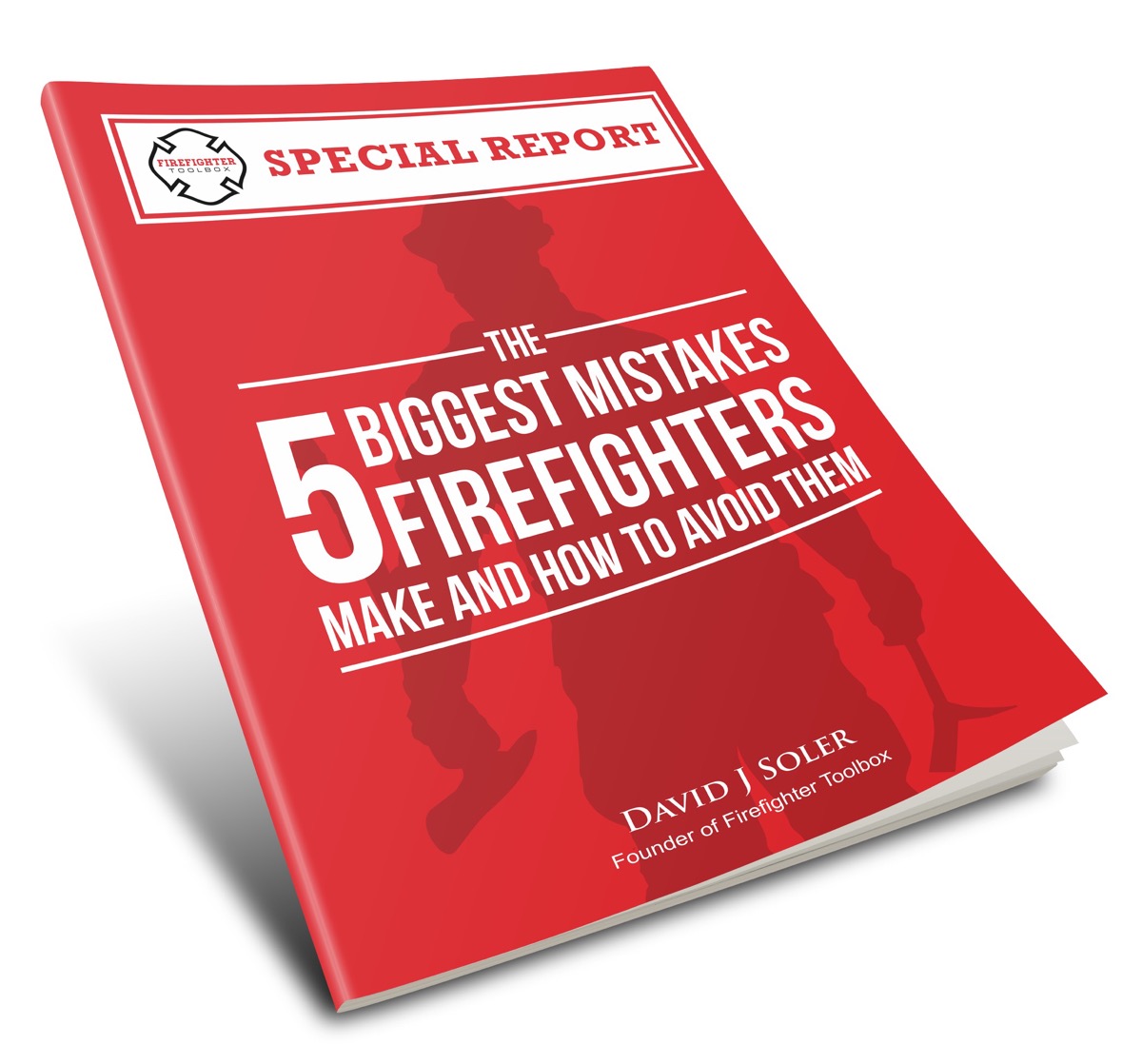The Firefighter Rescue Plan – Part 1
Have we lost our way?
The call goes out for a possible structure fire with people trapped. It’s three in the morning and the tones jolt your tired body out of bed. You quickly move from R.E.M to R.P.D. onto a fully staffed engine company with a truck company following.
As you arrive, you find a single story light weight construction residential home with fire and smoke visible from the Alpha side. You give your size-up and as a family man you notice the bicycles laid in the driveway and a playground in the back yard.
The trained firefighter mindset kicks in but in the back of your mind you can’t help but think of your family at home. As you quickly perform your 360, your crew is stretching a line to the door, and you can tell by reading the smoke the fire is coming from the A/B side most likely a kitchen.
The first due Battalion Chief arrives, receives your report, and assumes command. You then quickly join up with your crew as they make the stretch through the front door and then it happens. A flashover occurs and the structure partially collapses. As the officer, your first priority is the well being of your crew. You locate one of the firefighters but one is lost.
Stop for a moment and consider this question:
If you were the officer would you call a MAYDAY?
This may seem like an obvious question with an obvious answer but think about it this way:
How many firefighters have you known or heard about that have had significant problems in their life but never called for help?
And we wonder why we push too far and end up calling the MAYDAY when it’s too late…
Let us go back to our scenario:
The lost firefighter is unharmed but disoriented. He is trying to find the attack line to follow it back to safety. The blow of the collapse stunned him and turned him in the direction of the fire. As he crawls further toward the fire his mind is racing. He is angry, he can’t believe this is happening to him and his anger is causing him to lose control. All of those years of training and now it has happened to him. He is faced with the decision:
Do I keep trying to find my way out or do I call the MAYDAY and admit I am lost?
His pride and anger is slowly eroding his situational awareness as his low air alarm activates which brings him back to reality. He finds a wall only to be pinned down by another collapse which prevents him from reaching his radio. He begins to think of his family, his life, and all of the things he wished he had said and done. No amount of skip breathing can prevent what is about to happen. He is running out of air and has no way out.
All the while, unaware to him, a massive rescue effort is underway. The company officer immediately transmitted a MAYDAY and was able to meet up with the Rapid Intervention Crew. They were prepared. They had been listening to the radio traffic, had performed a 360 of the structure, and were aware of what was going on at the time.
They quickly locate the collapse and begin searching. The lone firefighter takes his last breath of air and holds in as the mask sucks to his face. In his mind he knows that taking off his mask is a death sentence but the need for air overpowers this thought. He grabs his regulator and is about to rip it off when another hand grabs him. He says, “Hold on brother, don’t give up! Just give us another 30 seconds and we will have you some air.”
The story ends with the lost firefighter saved and the Rapid Intervention Crew alive and well. As firefighters, we would hope that every MAYDAY would result in a successful rescue. Sadly, in fires and in our lives, some of us will be lost.
As a firefighter and as an individual, we have all experienced loss or been lost. The imagery of being lost in the darkness with everything going wrong at every turn rings true to one who is in the midst of crisis.
Firefighters respond to those who are lost and crying out for help, and perform seemingly impossible tasks to remove them from harm. In some cases, people are rescued and sadly in others they are lost.
The application in our lives comes down to choice. As we stare down the monstrous problem in front of us, do we face it alone? Do we call out for help? Or do we realize that calling for help is not a sign of weakness?
“Leaders throughout the department must make it understood that seeking help is a sign of strength not a sign of weakness, it is a sign of strength and courage. We’ve got to do all that we can to remove the stigma that still too often surrounds mental health care issues.” Defense Secretary Leon E. Panetta
In part 2, we will explore the way we call for help and what the next step is. Until then, pray about your situation, and about those around you that may be lost in the fires of life, and consider this:
Brotherhood is not a noun, it is a verb. It is the tangible belief of one who says: “I cannot do this alone, but I know together with God’s help I can.” The way out is as close as the words, “Please help me.”
Let us remember that without others calling for help, we would not be needed. God has responded to the call of your heart and has placed brothers and sisters around you to lead you to safety.






Thanks for the encouraging article, may l know the meaning of ‘MAYDAY’.